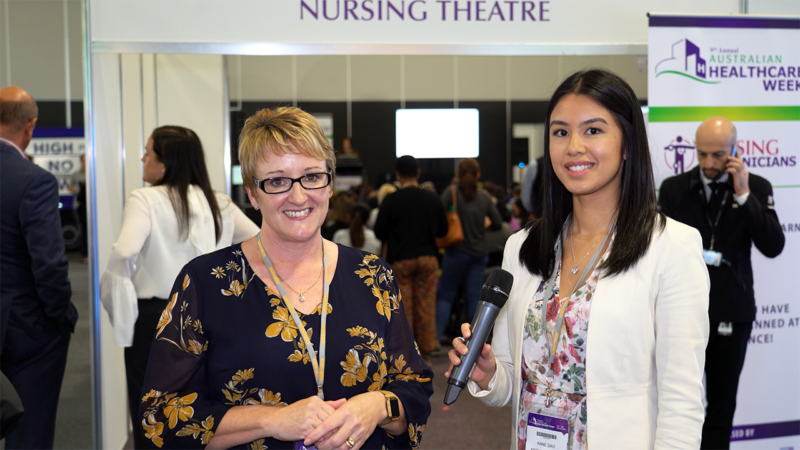For two decades, the demand for emergency department services in Australia has outpaced population growth and wait times have increased. In 2022-2023 more than 8.8 million emergency department presentations occurred nationwide.
While demand is a contributing factor, EDs are currently being impacted by various factors across the entire health system.
The Emergency Medicine Foundation (EMF) is a non-profit organisation funding innovative Australian research that improves the way people are cared for in a medical emergency. The aim of the research is to deliver better and more effective health services to save lives and money.
Professor Hugh Grantham, Emergency Medicine Foundation (EMF) Chair on the urgent challenges in emergency departments states, “The issue of system-wide delays from triage to admission to treatment and discharge is one of the Australian healthcare system’s most challenging problems and it severely impacts vulnerable patient groups, including aged care and mental health patients.”
In February 2024, the Emergency Medicine Foundation (EMF) launched a $1.3 million fund for new research grants dedicated to addressing the pressing issues in emergency care to improve patient outcomes in Australia.
These projects will include innovative ways to improve pain management in children, treating diabetic patients, and optimising treatment for patients who call an ambulance for nausea or vomiting.
Australian Health Journal spoke with Dr Kim Hansen, Emergency Medicine Foundation Board Director, author & presenter of a broad range of topics including ED crowding, incident reporting, cognitive bias and gender equity.
Since launching in 2007, EMF has fostered significant growth in research and innovation in emergency, prehospital and retrieval medicine across Queensland. These EMF-funded research projects have proved both effective and wide-reaching, with a recent mental health study projected to save the Australian health system $30 million.
You Might also like
-
Maximising benefits, minimising harms in population health screening
Population screening is an important contributor to advancing health outcomes through the early detection of and successful intervention for chronic disease. The evolution of science, technology and evidence relating to diseases which are or may be amenable to a population screening approach deserve broad discussion and the sharing of expertise and evidence. They also warrant close scrutiny in context of health policy and health resource allocation considerations.
In March, Public Health Association of Australia (PHAA) convened Screening Conference Conference 2025 with the theme of ‘Population Screening for Chronic Disease – Maximising Benefits, Minimising Harms’.
-
Australian Healthcare Week Hospitals and Clinics New Content Patient Experience Planning, Culture and Growth
Sonia Marshall – South Western Sydney Local Health District
South Western Sydney Local Health District serves nearly 1 million people in a rapidly growing area of Sydney. Currently 250-300 families a week are moving into the region and with a growing population, the health district requires well executed strategy and delivery of healthcare to the population. Executive Director Sonia Marshall spoke with Australian Health Journal reporter Anne Dao at last week’s Australian Healthcare Week in Sydney, on supporting staff and the community. Sonia highlights the mission of delivering Safe Quality Healthcare at all times. In-time patient feedback is important and the SWSLHD has implemented a system called “My Experience Matters” to give near immediate response from patients on their level of care, whilst they are still on site at the hospital. The aim of the initiative is to quickly identify bad experiences that could be rectified.
Post Views:
3,353 -
Co-design, adoption and interoperability
In October CEBIT AUSTRALIA held it’s yearly technology related conference. Australian Health Journal’s reporter Anne Dao spoke with health technology thought leaders on what needs to be consider in Co-Design, Adoption and Interoperability of technology aided healthcare delivery



